US disinvites China from RIMPAC exercise over South China Sea ‘militarization’
Updated May 23
China will not be participating in the biennial RIMPAC, or Rim of the Pacific Exercise, this year, according to a U.S. Department of Defense spokesperson.
“As an initial response to China’s continued militarization of the South China Sea we have disinvited the PLA Navy from the 2018 Rim of the Pacific Exercise,” Pentagon spokesperson Lieutenant Colonel Christopher Logan said in a Wednesday, May 23 statement.
“China’s behavior is inconsistent with the principles and purposes of the RIMPAC exercise,” Logan added.
RIMPAC is the world’s largest maritime warfare exercise, combining the navies of more than 22 countries into its program to promote interoperability between Pacific Rim forces. It is always hosted by the U.S. Pacific Fleet, and was inaugurated in 1971.
China’s Foreign Affairs Minister Wang Yi described the U.S. decision as “unhelpful.”
“We find that a very non-constructive move,” Wang said at a press conference with U.S. Secretary of State Mike Pompeo after the two met in Washington on Wednesday. “It’s also a decision taken lightly and is unhelpful to mutual understanding between China and the U.S.”
China was invited to RIMPAC in January this year, and participated in 2014 and 2016, but since then tensions have increased substantially between China and the U.S. Other countries near China’s borders such as the Philippines, Malaysia and Vietnam will be participating in RIMPAC 2018, and have an ongoing dispute with China over its territorial claims in the South China Sea.
Logan cited China’s deployment of anti-ship missiles on disputed structures in the Paracels and Spratly Islands as cause for rescinding China’s invite. The HQ-9 and YJ-12B missile systems had been spotted on Chinese installations in the Spratlys last month. He also cited the recent landing of H-6K bomber aircraft on disputed Woody Island in the Paracels by the People’s Liberation Army Air Force.
The use of missile systems and bombers on Chinese-built installations in the South China Sea has increased the strike range of China’s air force and rocket force substantially, to the degree that any other country with a claim to the disputed area is vulnerable.
“We believe these recent deployments and the continued militarization of these features is a violation of the promise that President Xi made to the United States and the world not to militarize the Spratly Islands,” Logan said.
An invitation to the exercises, which are held in and around the Hawaiian Islands and Southern California, carries some political weight as it offers legitimacy and acceptance to those military forces taking part.
Thailand was disinvited in 2016 following a coup.

‘Free and open Indo-Pacific’
China claims a large area of maritime territory in the South China Sea, within what it calls the ‘nine-dash-line.’ Beijing’s claim was struck down by an international tribunal in 2016.
It has continued to build up rock formations and other islets into harbors capable of docking surface ships and air strips capable of landing bomber aircraft and fighter jets.
Logan on Wednesday reiterated the U.S. call for China “to remove the military systems immediately and to reverse course on the militarization of disputed South China Sea features.”
In contrast to Beijing’s demand that the South China Sea be considered within its exclusive economic zone, the United States has insisted on a “free and open Indo-Pacific,” for international shipping and sea lanes of communication. The U.S. Navy regularly conducts what it calls “freedom of navigation exercises” to reinforce this.
China on Sunday conducted its own joint patrol – combining its Navy, Coast Guard, and civilian maritime militia – expelling Vietnamese fishermen from the disputed waters around the Paracels and prompting Hanoi to issue a statement denouncing the activity.
The comes weeks before China is set to host the Shanghai Cooperation Organization in June. India will attend both RIMPAC and the SCO summit this year.
This post was updated on May 23 to include comments from China’s foreign minister. With reporting from AFP.

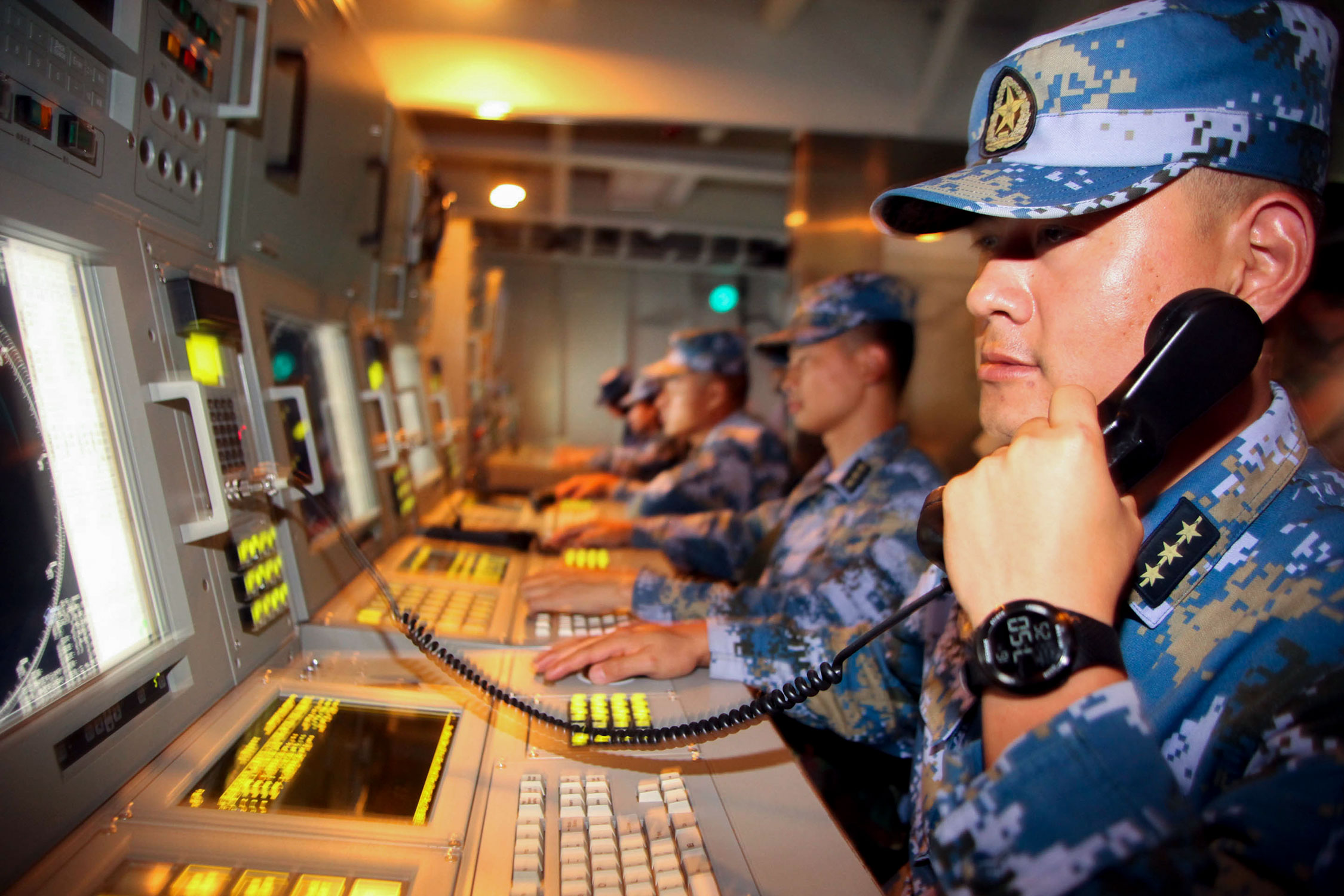
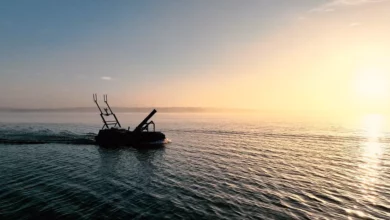

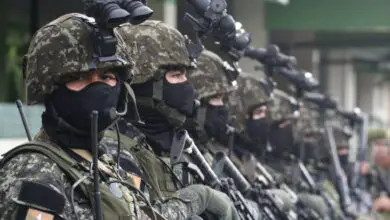


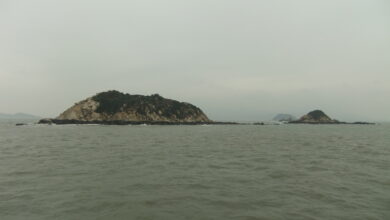
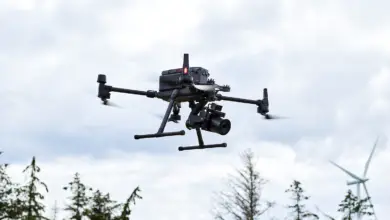



2 Comments